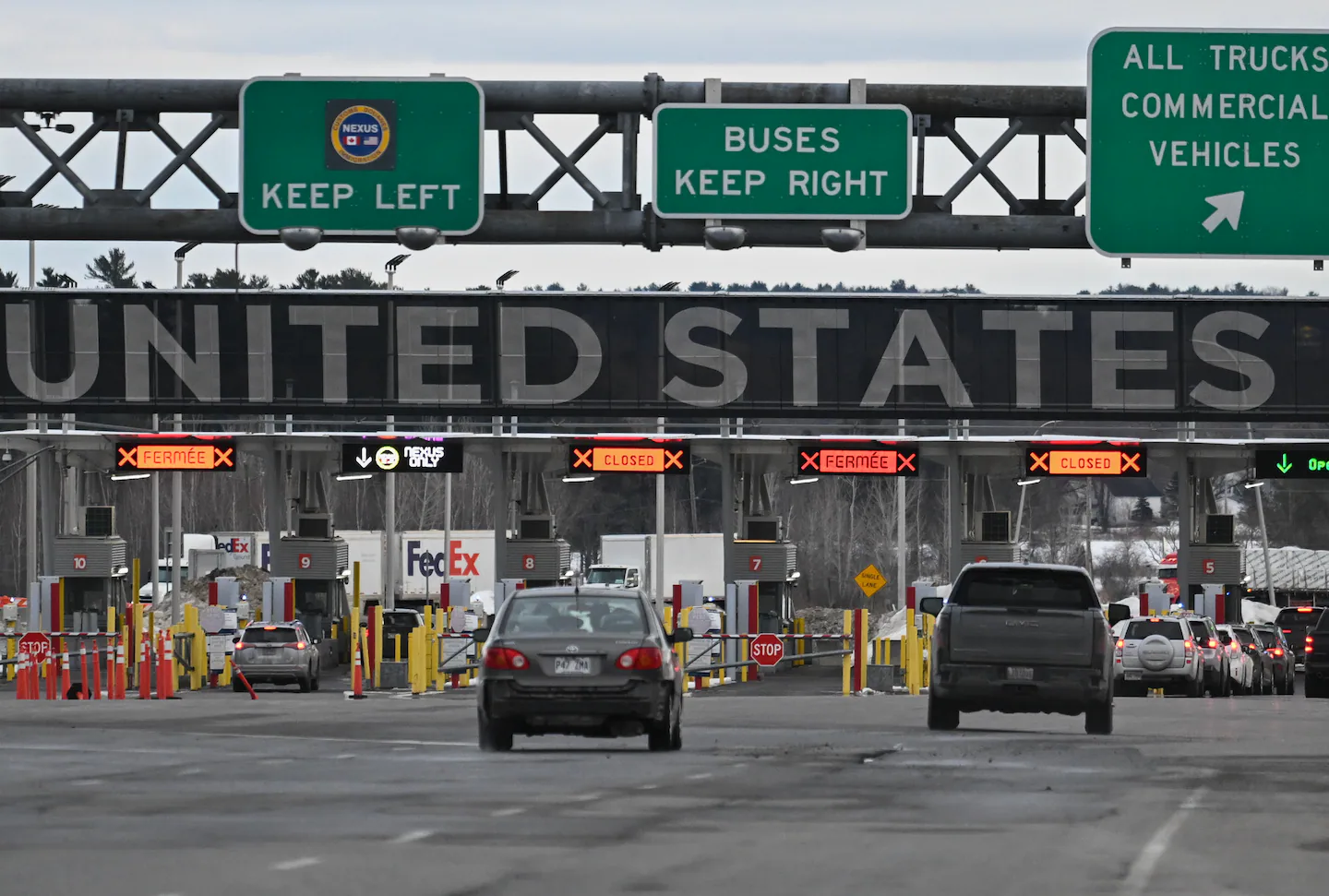
The Canadian government has updated its travel advice to warn citizens with gender-neutral passports that their documents may no longer be accepted at the US border.
“While the Government of Canada issues passports with a ‘X’ gender identifier, it cannot guarantee your entry or transit through other countries,” Canada’s new travel advisory for the United States reads. “You might face entry restrictions in countries that do not recognize the ‘X’ gender identifier.”
The page also states that US federal systems “are changing to no longer accept markers of gender identity,” adding that information on the sex an individual was assigned at birth may now be requested on US forms and processes such as visa and passport applications, as well as passenger manifests.
Canada’s Department of Global Affairs did not immediately respond to an overnight request for comment on when the travel advice was updated. However, archived versions of the website indicate that it was changed within the past 10 days.
Within hours of his inauguration earlier this year, Trump signed an executive order declaring that the US only recognizes two sexes. Days later, Secretary of State Marco Rubio suspended passport applications using a gender-neutral marker, reversing a move by the Biden administration to allow transgender, nonbinary, intersex, or gender-nonconforming people to use the “X” designation, rather than male or female, without providing medical documents.
Advertisement
The policy is being challenged in court. In June, a federal judge temporarily blocked the policy, ruling that transgender and nonbinary Americans should be able to reflect their gender identities on newly issued passports. In September, the Trump administration requested that the Supreme Court allow it to enforce the policy.
Advertisement
US passports bearing the “X” marker remain valid until their expiration date, according to the State Department.
The US Customs and Border Protection, the agency responsible for inspecting passports at ports of entry, has previously denied that international LGBTQ+ visitors would face additional scrutiny or be detained when entering the country. However, several countries, including Denmark, Germany, Finland, and Ireland, have nonetheless issued travel advisories to citizens with the “X” gender designation this year.
Canada first introduced the “X” designation for passports, travel documents, citizenship certificates, and permanent resident cards in 2019, with the government saying at the time that “Canadian citizens and residents deserve to be respected and have the opportunity to live according to their own identity.”
The Canadian government stated in January that approximately 3,600 Canadians are estimated to hold the “X” designation in their passports, according to the Canadian Broadcasting Corporation.
In August, Canada updated its policy for Nexus travel cards, which allow expedited border entry at the US and Canadian borders, meaning that Canadians with the “X” identifier in their passports now have to select either male or female when applying for a new card.
The CBP did not immediately respond to a request for comment early Thursday on the updated Canadian travel advice. In a statement to The Washington Post in April, it said, “A foreign traveler’s gender as indicated on their passport and their personal beliefs about sexuality do not render a person inadmissible. Claims to the contrary are false.” It added that “travelers must present an official government-issued travel document and be the rightful bearer of that document when seeking entry at a US Port of Entry.”
Advertisement



